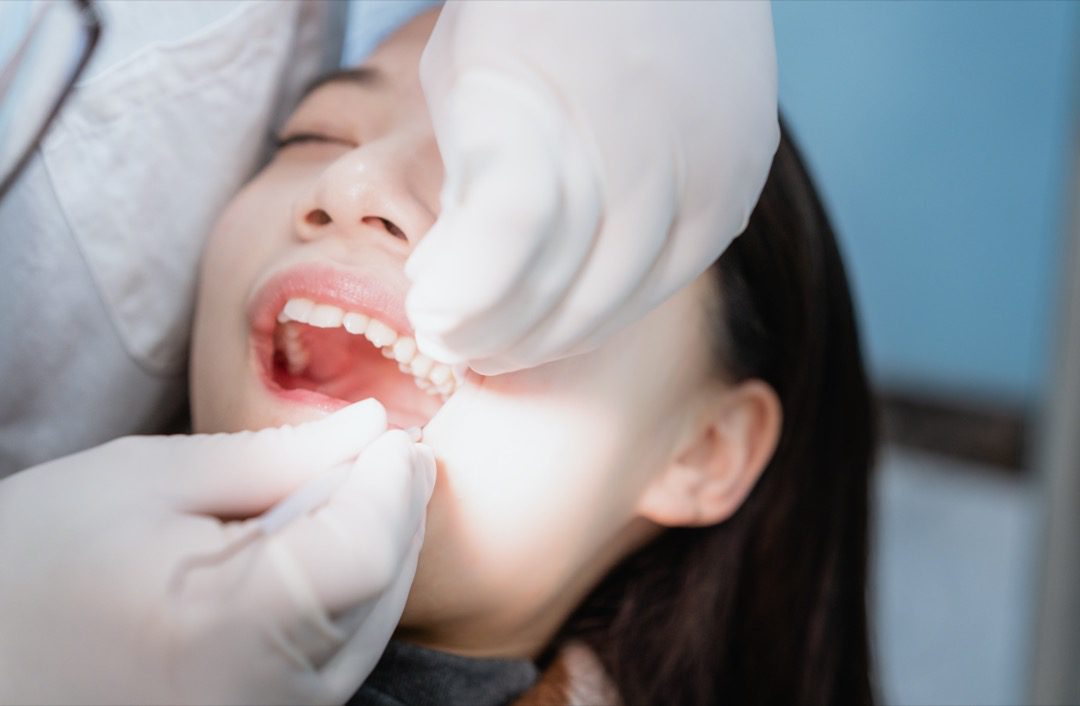Your wisdom teeth, also known as your third molars, are teeth that typically come in during your late teens and early twenties. In some cases, they can just exist without causing too many issues, however, more often than not they will need to be removed. The great news is that wisdom teeth removals are extremely common, and recovery only takes a few days. If you’re preparing to have your wisdom teeth removed but don’t know what you should or shouldn’t do before the removal, there’s no need to worry.
We’ve put together a few tips and tricks on wisdom teeth removal to help prepare you for surgery and help you have the best recovery possible post-surgery.

Why Have Your Wisdom Teeth Removed?
As mentioned earlier, some people might not need to worry about having their wisdom teeth removed, and this can be for a number of reasons. Some people may never develop wisdom teeth, while others might have enough room in their jaw for the wisdom teeth to grow in without causing any issues. If you do have wisdom teeth, however, there are several reasons why you might need to have them removed. If you don’t have enough room in your mouth to accommodate them, then your wisdom teeth will need to be removed to avoid causing issues with any of your other teeth. They could also be coming in at the wrong angle, which can cause them to press against your other teeth. In some cases, wisdom teeth might be impacted, which means that they can become trapped in your jawbone or gums, causing pain and discomfort.

What To Do Before Surgery
The leadup to your wisdom teeth surgery can sometimes be a bit unnerving, but you can rest assured knowing that it is a common procedure. There are a few things that you can do pre-surgery to help you feel more comfortable about the entire experience. In some cases, your dentist may be able to perform the surgery themselves, but in other cases, they may refer you to an oral surgeon. In either case, you will have a consultation before the surgery to discuss what the procedure will look like and what you can expect. This consultation is a great time to ask your dentist or oral surgeon any questions that you have about your wisdom teeth removal, inform them of any drugs that you take on a regular basis, and discuss what your recovery will look like. Asking these questions during the consultation can help you feel more prepared about the whole procedure and feel good going into the surgery.

What To Do After Surgery
Depending on the level of sedation you receive when having your wisdom teeth removed, there are a few things post-surgery to be prepared for. In some cases, you may only receive local anesthesia, which means that you’ll be awake throughout the procedure but will feel no pain. In other cases, you might receive oral or IV anesthesia, which will allow you to be more relaxed for the entirety of the surgery. If you receive oral or IV sedation, you’ll have to make sure that you have someone there to drive you home after the procedure is complete. For a few days post-surgery, you’ll want to take it easy and get lots of rest to help your mouth heal. You’ll likely feel some discomfort once the freezing has worn off, so it’s important to follow any directions from your dentist or surgeon post-surgery. They will provide you with an extensive list of dos and don’ts that can help speed up the healing process and help you to avoid irritating the wounds.
Whether you’re having one wisdom tooth removed or are having all four taken out, following these tips and tricks should help you feel more comfortable with the entire procedure and give you some insights into what to expect both pre- and post-surgery.
Do you have wisdom teeth that need to be removed? We can help! Contact us today to get in touch with one of our experienced dentists today!

